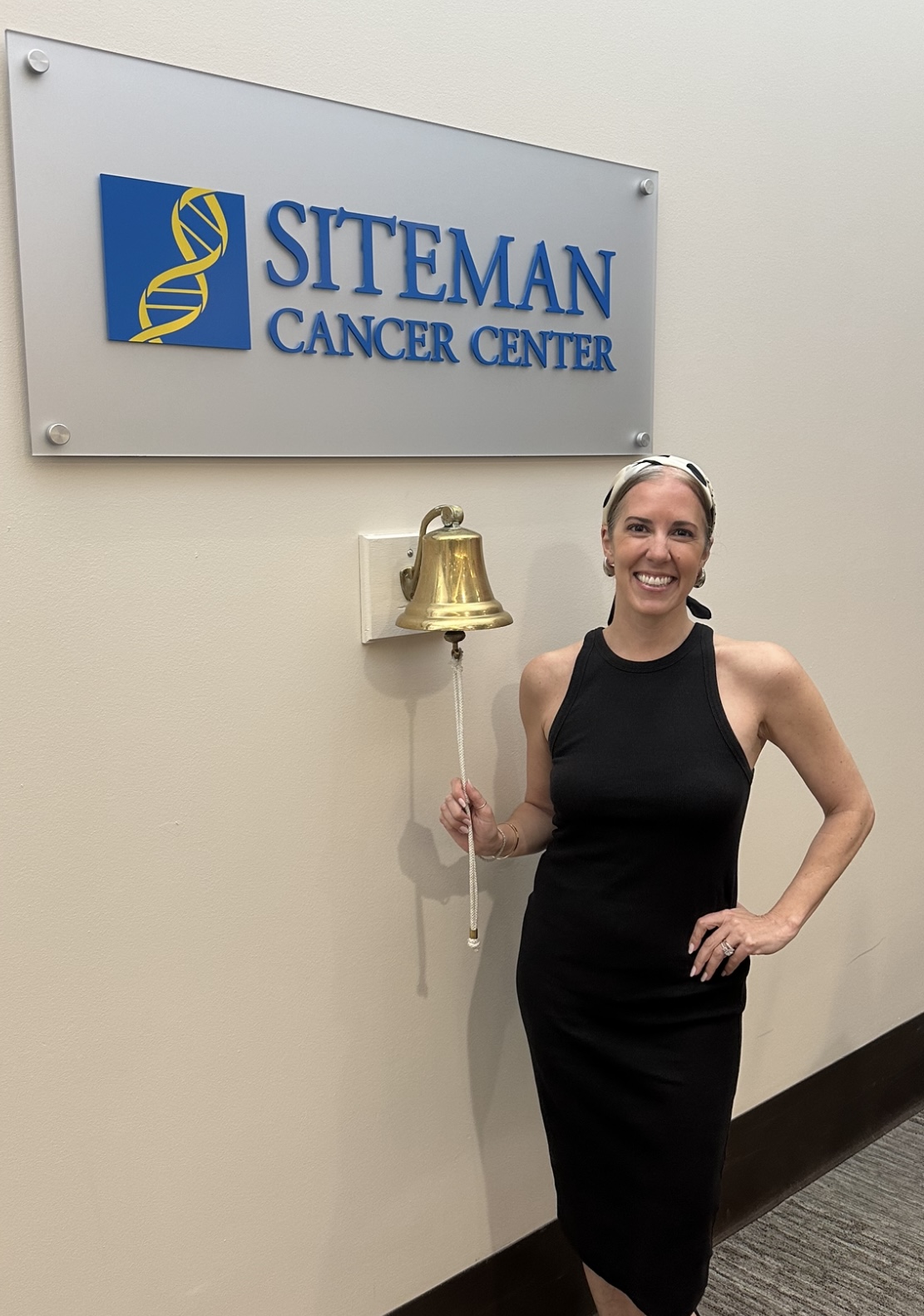Facing a diagnosis of brain cancer can be an overwhelming and challenging experience, not only for the patient but also for their caregivers. Throughout this journey, effective communication between the patient and caregiver is paramount for understanding treatment options, managing symptoms, and maintaining overall well-being. In this article, we’ll explore some crucial topics that patients should discuss with their caregivers to ensure a smoother and more informed brain cancer journey.Understanding the Diagnosis Clarify the type and stage of brain cancer:

